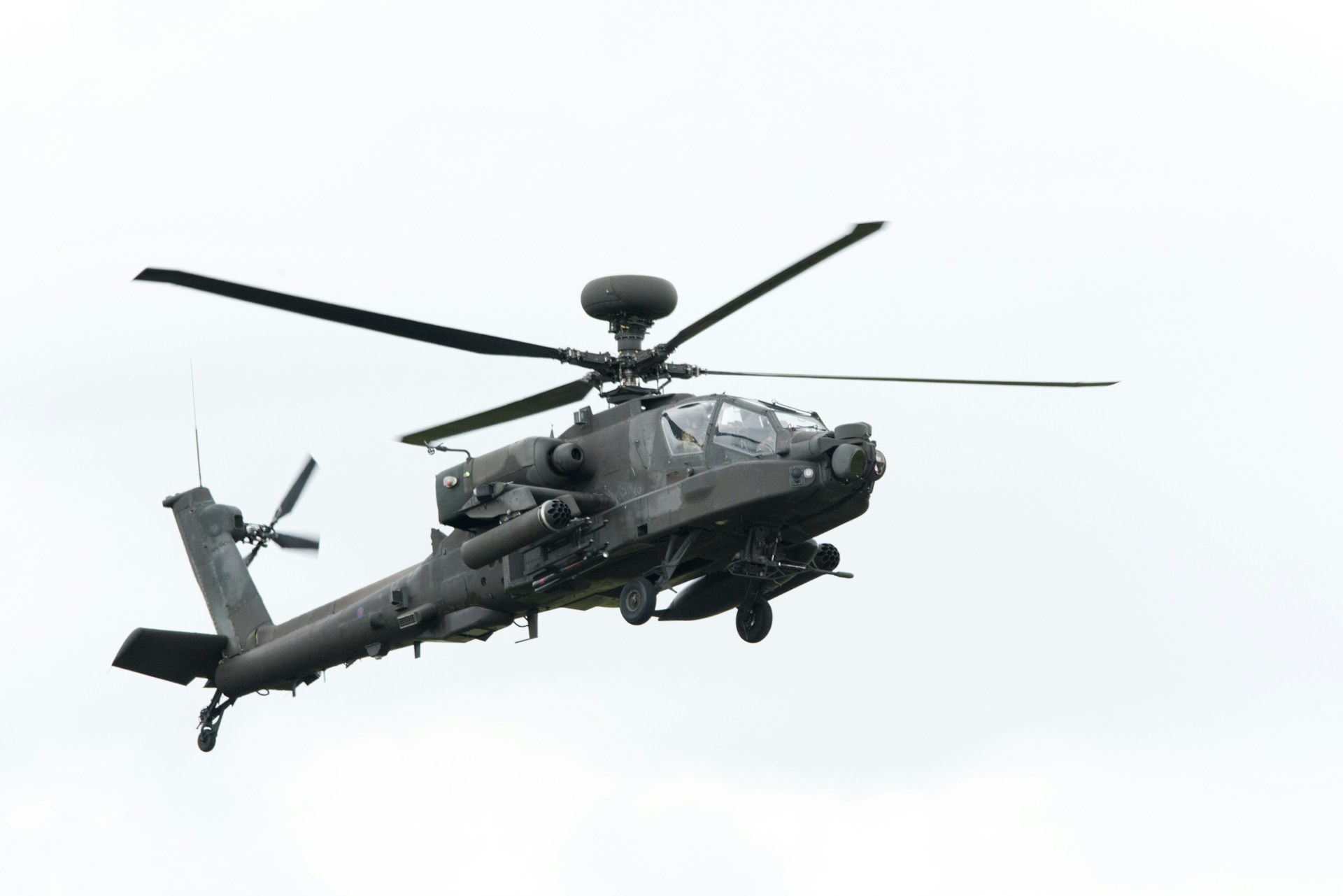
News Writer Christopher Crowson reports on Helicopter Crash that Kills Iran’s President and Foreign Minister: Course of Iranian Politics Unlikely to Change
Iranian President, Ebrahim Raisi and Foreign Minister, Hosein Amirabdollahian as well as other officials were killed in a helicopter crash in North-Western Iran Sunday 19th May. The deaths of these men, however, is not likely to trigger a shift in Iranian domestic or foreign policy.
After visiting the Khodaarfarin and Qiz Qalasi Dams, located on the Iranian-Azerbaijan border, a helicopter carrying Iran’s President and Foreign Minister crashed into the mountainous terrain of Iran’s East Azerbaijan province. It has been claimed that foggy conditions are to blame for the accident.
The top officials were on a trip in which they were officially opening the dams. Alongside them was Azerbaijani President Ilham Aliyev.
The following day, all those who had been on board were confirmed dead after Iranian Red Cresent rescue workers had found their bodies. The head of the organisation declared on state TV ‘We are in the process of transferring the bodies of the martyrs to Tabriz’ (the capital of the East Azerbaijan province).
Iran’s Head of State, the Supreme Leader or Ayatollah Ali Khamenei stated that their deaths will be followed by five days of public mourning.
The death of President Ebrahim Raisi has eliminated a possible candidate for the next Ayatollah of Iran.
Deputy President Mohammed Mokhber and Deputy Foreign Minister Ali Bagheri Kani have now taken on the roles of President and Foreign minister respectively. According to Iranian constitutional law, fresh elections for these positions are to be held within 50 days and it has already been officially announced that these will take place on 28 June.
The death of President Ebrahim Raisi has eliminated a possible candidate for the next Ayatollah of Iran. The health of the incumbent, 85, which has deteriorated in recent years, has sparked discussion about who will replace him after his death. Raisi, a 63-year-old hard-line cleric, was certainly someone who could have taken on the Islamic Republic’s highest position.
Dr Sanam Vakil, director of the Middle East and North Africa programme at the Chatham House think tank declared that ‘Raisi was a potential successor because, like Khamenei himself when he became supreme leader, he was relatively young, very loyal, an ideologue committed to the system who has name recognition’.
Raisi became President in 2021 following rigged elections which disqualified more moderate and pro-reform candidates. In 2022, it was him who called for a tightening of Iran’s ‘hijab and chastity law’, just weeks before the murder of woman protestor Mahsa Amini and the wave of demonstrations which saw the deaths and arrests of thousands in the Islamic Repulic. As a result, the many Iranians who oppose the regime were content to hear of his passing with some even setting off fireworks to celebrate the news.
Nevertheless, the passing of these two top officials will probably not bring about any drastic changes to Iran’s domestic or foreign policies. The country’s political establishment is firmly within the grip of conservative and fundamentalist clerics, who possess a shared position on the state of affairs inside and outside of Iran.
…‘the Iranian people should not worry, there will be no disruption in the country’s affairs.’
Before official confirmation of Raisi’s death, the Ayatollah stated in a post on X ‘the Iranian people should not worry, there will be no disruption in the country’s affairs.’
With moderates and reformists sidelined and the power of the Islamic Revolutionary Guard Corps growing, Reza H. Akbari, Middle East and North Africa programme manager at the Institute for War and Peace Reporting, has said ‘some analysists believe Raisi’s death may open up room for more traditional conservative [candidates] to make an attempt at the office of the presidency’.
Al Jazeera reports that the deaths ‘will likely not signal a major shift for Iran’s foreign policy.’ The Iranian political elite has a homogenous view on Iran’s role in international relations, such as the question of Iran’s support for political and military groups across the Middle East, including Hamas and Hezbollah in their current struggle against Israel.
Read more News updates here:
Study Provides New Insights into UK Neurodiversity
Birmingham Business School Receives Prestigious Global AMBA Award for Deloitte Partnership
Women’s Unions Warn Cuts to Public Services in England Will ‘Reverse’ Gender Equality

Comments